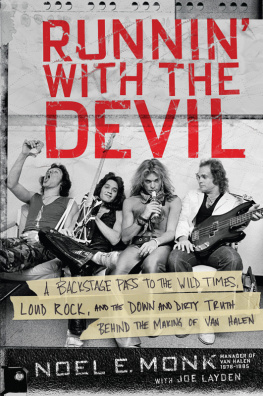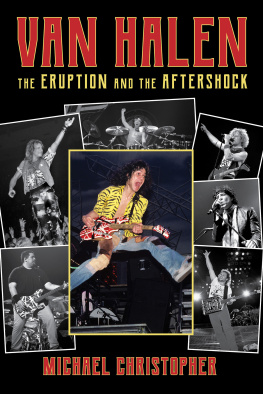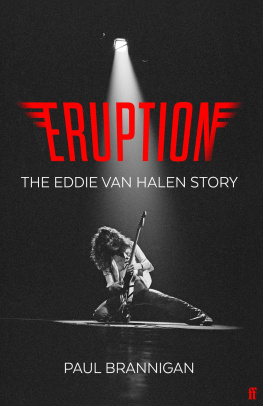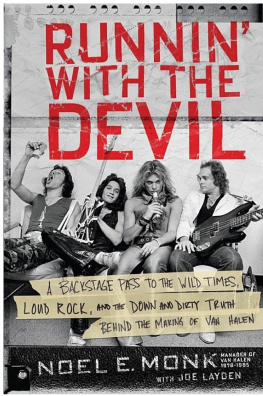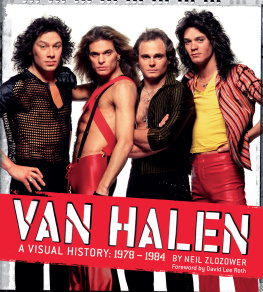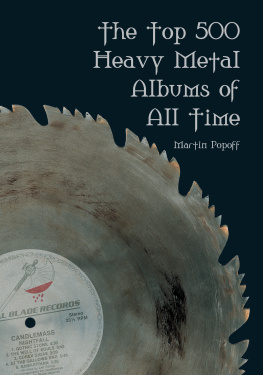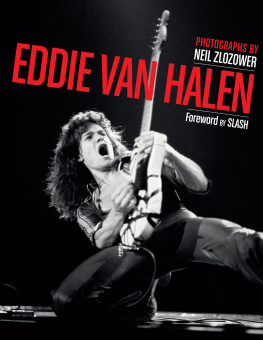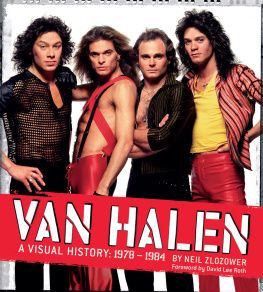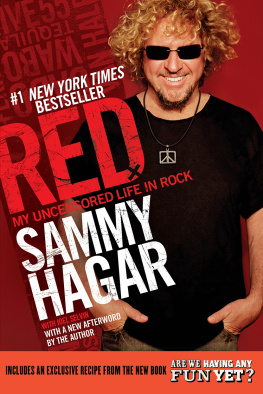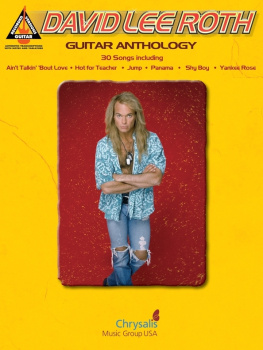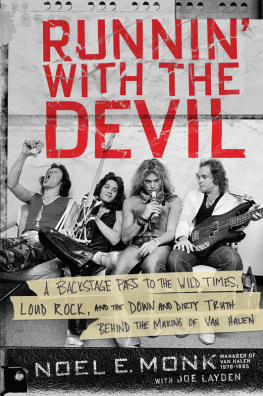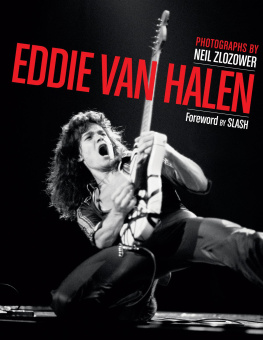Thanks to my wife and my daughter, who, without either of them, this book could not have, would not have ever come to fruition. Thanks for dragging my sorry ass out of bed, and pushing me to never give upeven when I wanted to. I love you both.
Thanks to Matt Harper at HarperCollins, who gave me a shot, listened to all my stories, and decided, maybe, other people would like to hear them, too. Youre the best editor a guy could ask for.
And thanks to Joe, a man of unmeasurable will and patience, for taking the little fragmented pieces of my life and transforming them into something tangible. This is a mosaic, and you are a godsend.
Thanks to Carl Scott, to Neil Zlozower, and to Justin Malet; to Dr. Sex Pistol and Zak Wilson; to Katie Steinberg and Victor Hendrickson of HarperCollins, and to Frank Weiman at Folio Literary Management. You guys made it possible.
Thanks to Gail and John Warner, for cracking skulls and taking IOUs.
Thank you to David Edward Byrd, for making my lifes work something beautiful, and to his husband, Jolino Beserra, for doing the same to my adopted home, Los Angeles.
And thanks to the boys in the band, for giving me something to talk about.
This book is for the legion of fans who, after thirty years, still find a way to email me, call me, write me, break into my backyard, and startle my dogs; and for the more polite ones who stop me on the street, in restaurants, in stores and once at the library, and almost never follow me home. I dont know how, but you guys are still interested in knowing what really happened. Well, here you go; here it is. This is for the ones who want to know all of the juicy, gory, dirty little details about my time with Van Halenand this is for the ones who never bought the party line about what really happened in the end. This is for the truth-seekers, and maybe for the journalists, too.
Have at it.
NOEL MONK helped stage-manage Woodstock, served as Bill Grahams right-hand man at the legendary Fillmore East, and worked with rock musicians including Jimi Hendrix, Janis Joplin, the Grateful Dead, the Rolling Stones, and the Sex Pistols. He is also the author of 12 Days on the Road: The Sex Pistols and America, and he lives in Colorado.
JOE LAYDEN has authored or coauthored more than thirty books, including multiple New York Times bestsellers.
Discover great authors, exclusive offers, and more at hc.com .
Australia
HarperCollins Publishers (Australia) Pty. Ltd.
Level 13, 201 Elizabeth Street
Sydney, NSW 2000, Australia
www.harpercollins.com.au
Canada
HarperCollins Canada
2 Bloor Street East - 20th Floor
Toronto, ON M4W 1A8, Canada
www.harpercollins.ca
New Zealand
HarperCollins Publishers New Zealand
Unit D1, 63 Apollo Drive
Rosedale 0632
Auckland, New Zealand
www.harpercollins.co.nz
United Kingdom
HarperCollins Publishers Ltd.
1 London Bridge Street
London SE1 9GF, UK
www.harpercollins.co.uk
United States
HarperCollins Publishers Inc.
195 Broadway
New York, NY 10007
www.harpercollins.com
M usic is my life. Or at least it was, for a great many years.
By the late 1970s I had apprenticed under the legendary Bill Graham as a stage manager and sound engineer at the Fillmore East and spent time in Europe working for the Rolling Stones, among other bands. I loved rock n roll, and I loved the rock n roll life: traveling around the world, experiencing different cultures, never settling into a quiet and pedestrian nine-to-five existence. Admittedly, rock stars are not always the easiest folks to work with, but by and large the benefits outweighed the negatives. I was young and single and enamored of the bohemian, vagabond life. It suited me, and I was pretty good at just about any job that came my way.
But nothing quite prepared me for the seven-year ride that was Van Halen. And when I refer to Van Halen, I refer to the original incarnation of the band, which disintegrated in 1985 with the departure of David Lee Roth. (I left around the same time, which, as youll see, was not exactly a coincidence.) Nothing against Sammy Hagarfine singer and by all accounts a genial enough guybut the real Van Halen died with the departure of David. I say that as both a compliment and a condemnation, for Davids exit brought about the wreckage of a band that was at the height of its powers and popularity and could have dominated the music scene for another decade had common sense and reason prevailed.
Maybe thats part of what made Van Halen so great: almost from the outset this was a band that appeared, at least from the inside, to have a limited shelf life. Too much talent and too much ego, too many disparate personalities, too much drugs and alcohol. They had to be great right from the beginning, because there was no way it could last.
Not that I knew any of this in late January 1978, when I got a call from Carl Scott, a senior vice president in charge of artist development and touring at Warner Bros. At the time, I was living in New York, but had made a second home out of the Hyatt House on Sunset Boulevard. The Hyatt House was nicknamed the Riot House because of its popularity with the bands that would come through LAtheyd stay there while playing the Whisky a Go Go, or one of the other nearby clubs. Like I said, rock n roll was my life, on or off the road. I was thirty-one years old and fit right in at a hotel frequently overrun with drunk and drugged-out rockers and their entourages. It felt like home. Well, fewer cockroaches, but you cant have everything.
While technically an independent contractor, paid by the gig, I was, for all intents and purposes, an employee of Warner, and Carl Scott was my mentor. Gifted at business and generous of spirit, Carl taught me a lot about the music industry and helped ensure that I had a steady stream of work. Although primarily a sound engineer and stage manager in my younger days, I had just come off a short, but nonetheless memorable, stint as head tour manager for the Sex Pistols, the infamous punk band fronted by snarling vocalist John Lydon (aka Johnny Rotten) and doomed bassistslashheroin addict Sid Vicious. The Pistols, assembled in 1975 as a gimmick by London artist, boutique owner, and all-around textbook narcissist Malcolm McLaren, was founded to stick it to English classism while simultaneously providing his store with millions in free advertising. After a handful of lineup changes and the release of the seminal punk album Never Mind the Bollocks, they briefly became, if not the hottest band in the world, by far the most controversial.
And the most polarizing.
The Sex Pistols were poster boys for a nascent punk movement that owed as much to New Yorks Ramones as it did to any of the other UK bands that had come before them. They were volatile and vitriolic, fueled not by a need to change the musical landscape but by a lethal combination of anger, alcohol, drugs, and youth. They hit hard and fast, destroying everything in their paths, only to burn out before theyd barely gotten started. Although sometimes dismissed by detractors because of their apparent nihilism and onstage anticsantics that included Vicious mutilating himself with broken beer bottles and Lydon hitting the snarling, spitting, and cursing trifecta, doing his best to agitate the audience through a mouthful of gray teeththere was much more to the band than initially met the eye.
In reality, the Pistols were a sensational band whose lone album remains one of the most influential and critically acclaimed records of all time. They were a ferocious live act that terrified older and more staid members of the music industry, not to mention the parents of the adolescents who bought Never Mind the Bollocks and who attended shows deemed not just raucous and unwieldy but downright dangerous. Ragged and unpolished, they made up for a lack of musical sophistication with an insane amount of energy and a live show that always threatened to devolve into utter anarchy. That they often appeared drunk or stoned onstage and in interviews, and frequently cursed out reporters and innocent bystanders alike was a bonusand only added to their appeal and marketability.
Next page
